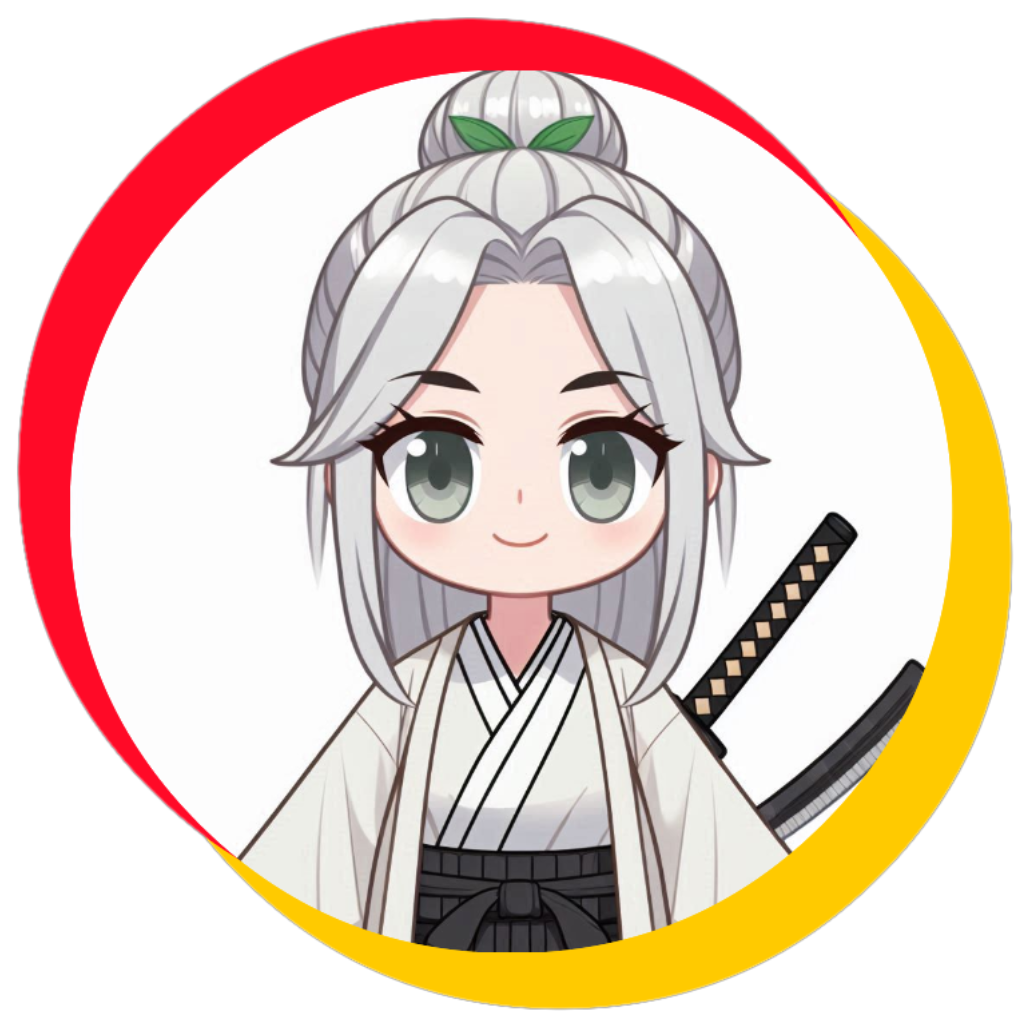Is it rude to ask people to repeat themselves (again) if you haven't quite understood what they're saying?
This is a question I often get from both native English speakers and non-native speakers in the sessions that I facilitate for Japan Consulting Office
My take on this: as long as you're polite and kind, I would recommend to ask as many times as you need so that true communication can flow.
As a near-native English speaker with 40+ years of experience, even I sometimes have to ask for a repeat if the 'lingo' is new or if the speaker is excited or if the environment is noisy. Being tired is another hurdle, so even if you're usually really good at communicating, you or your conversation partner might be having an off day.
If, as a native (or non-native) English speaker, you're not used to hearing a certain accent, you also might need a bit of time to adjust. I remember my parents visiting me in Japan, turning to me to translate what a kind shopkeeper was telling them - they just hadn't grasped that he was talking to them in English. It was unexpected, and they were not used to the Japanese accent yet.
Luckily, we have so many tools available to help us communicate today, and it's perfectly fine to use all of them. Apps, subtitles, translatable chat and slide decks are all wonderful additions to pen and paper. For people who are not used to hearing a certain accent, writing down always helps.
Try it and see your interactions with your Japanese colleagues improve!Want to know more? At Japan Consulting Office, we specialize in equipping professionals to thrive in cross-cultural environments. Whether you’re looking for group training or one-on-one sessions, we’ve got you covered!
If you want to learn more about bridging language and cultural gaps in Japanese business, why not join one of our sessions! Here’s the link to upcoming sessions (make sure to select your timezone


